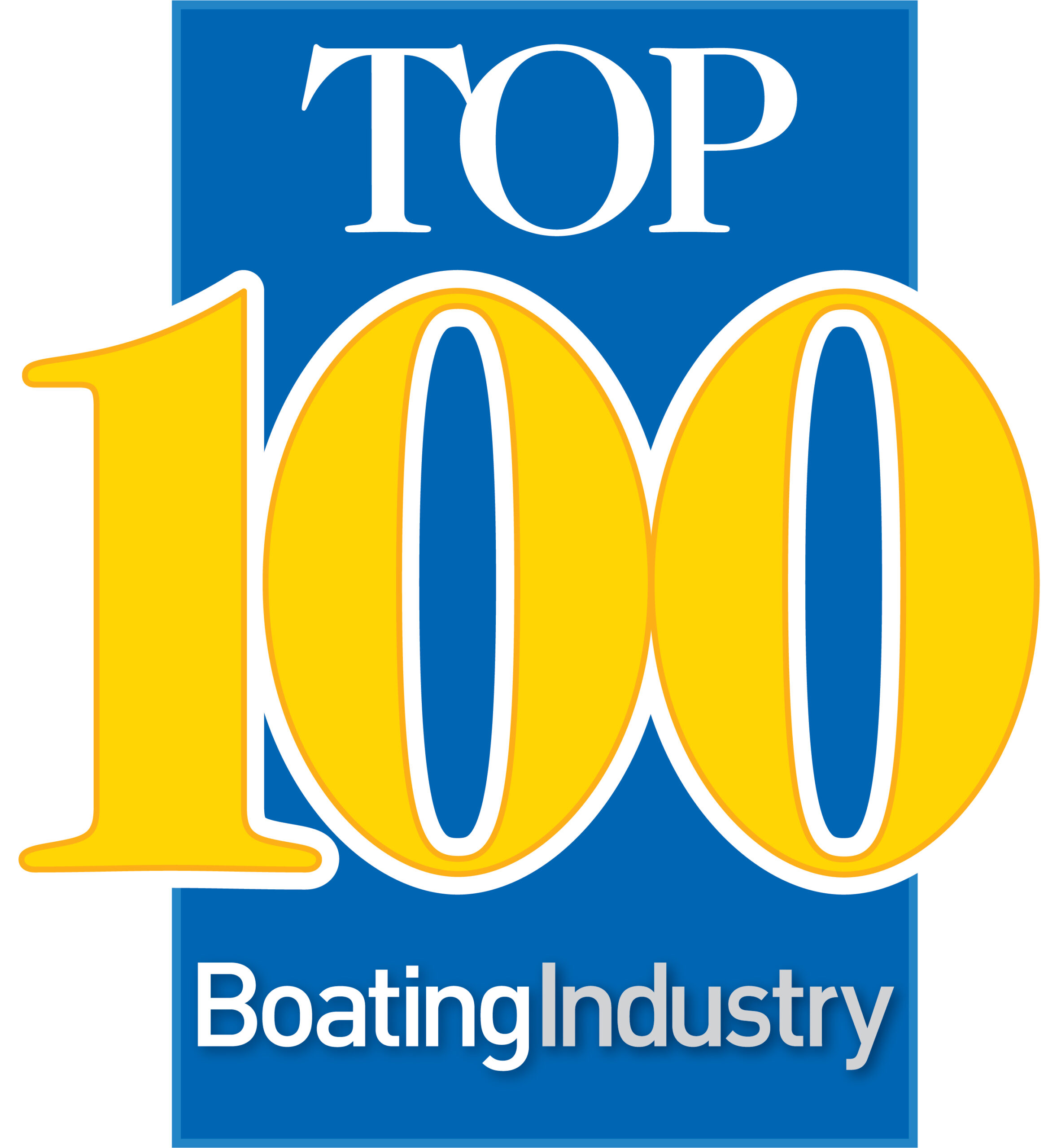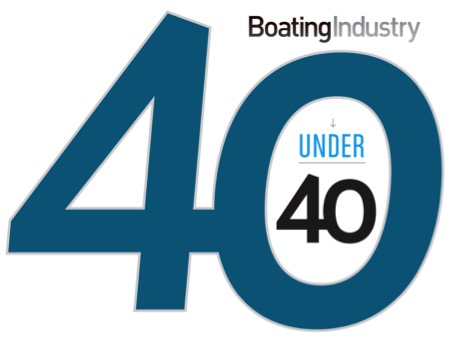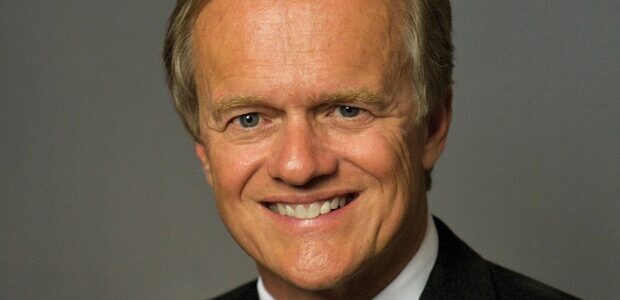The Free Agent Market
What does loyalty mean to you? Maybe loyalty to an engine brand? Maybe loyalty to a boat brand? Maybe you consider your strongest loyalty to be toward a sports team, the company you work for, a friend or a spouse? Although, hopefully not in that order. The reality is that you’ve probably had loyalties — and in some cases still do — to most things in your life.
According to Webster, loyalty means “feelings of devoted attachment and affection.” And by that definition, I don’t think it’s much of a stretch to say that, in both the business place and the consumer landscape, loyalty is evaporating.
Take a look at the most visible businesses in the United States — professional sports teams. I’m a diehard baseball fan and a Yankees fan at that, so I’ve seen first hand as so-called franchise players, representing the same team for many years, have jumped ship in favor of the almighty dollar. We can all thank free agency and no salary cap for that.
In the consumer market place, everyone is a free agent, and the cap on consumer spending is dictated by the guy offering the best price. Think about it. When a consumer walks onto the boat show floor, you know darn well he knows which boat he wants — he’s just looking for the price he wants. We’ve all been there.
In the marine industry, dealer loyalties, and ultimately consumer loyalties, are being called into question most significantly by Brunswick’s acquisition path. The company’s purchase of Lund, Lowe and Crestliner last April and Yamaha’s subsequent decision to stop supplying those boat brands with engines, really forced dealers to consider where their loyalties lie — with the boat or the engine. More recently, with the boat building giant’s acquisition of the Sea Pro, Sea Boss and Palmetto brands, the loyalty debate spread into the saltwater market when both Yamaha and BRP stopped supplying engines to those brands.
For all parties, it boils down to loyalty. Yamaha and BRP say they are committed to the independent boat builders and, ultimately, the consumer. Brunswick says it is not pursuing a vertical integration strategy, but rather, the company is committed to its customers — both dealers and consumers — and is focusing on providing the best possible boating experience. Aside from the dollars being tossed around, aren’t their strategies the same?
As each day passes, there are more and more reasons for us, as consumers and business people, to question where our loyalties really lie. As consumers, we all want the best price with the best service. But as business people, we must be committed to our customers. Sure, our suppliers are important, but at the end of day — and at the end of the boating season — if our customers aren’t happy with their experience, they’ll take their loyalties elsewhere.




